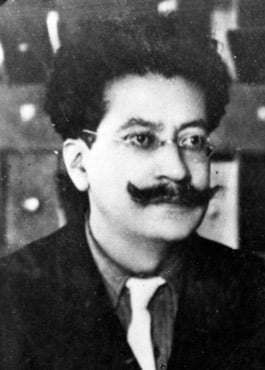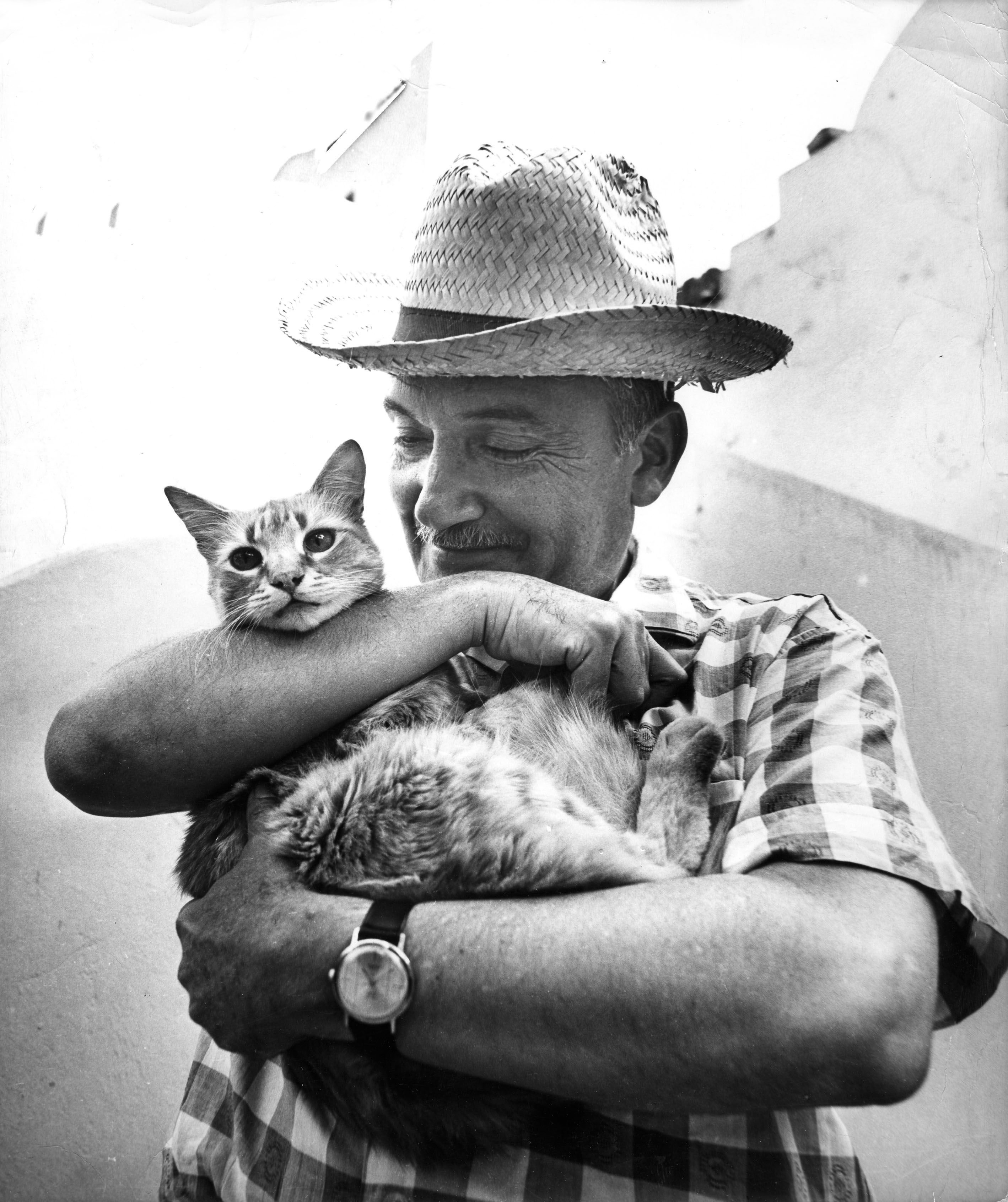Ricardo Flores MAGÓN (1874–1922) was an indigenous Mexican anarchocommunist whose activism helped lead to the Mexican Revolution. He was born during the military dictatorship of Porfirio Díaz, the porfiriato, which greatly shaped his career. He and his two brothers founded Regeneración, a newspaper meant to unveil the injustices under the porfiriato. Magón independently authored countless articles and stories about anarchism as a solution to the ills of capitalism.

Magón’s writing often used fiction to illustrate anti-capitalist uprisings and ended with vehement calls to action. Not only did he support an uprising, but he more generally supported workers’ rights, elimination of private property, and anti-clericalism. He questioned the need for government entirely; however, he described his radically anarchocommunist works as liberal to gain wider approval. Magón’s popularity prompted the formation of a radical political party to oust the porfiriato—the Mexican Liberal Party (PLM). The PLM initiated several uprisings. Although Díaz was ousted and replaced with a liberal, Magón still expressed doubts. He believed that only the workers themselves could obtain workers’ rights.
FURTHER READING

Magón Flores Ricardo, Chaz Bufe, and Mitchell Cowen Verter. Dreams of Freedom: A Ricardo Flores Magón Reader. Oakland, CA: AK Press, 2005.
Magon, Ricardo Flores. “Government?” The Anarchist Library, August 4, 2020. https://theanarchistlibrary.org/library/ricardo-flores-magon-government.
Magon, Ricardo Flores. “Land and Liberty.” The Anarchist Library, June 14, 2018. https://theanarchistlibrary.org/library/anarchist-communist-group-land-and-liberty.
Archivomagon.net. “Archivo Digital de Ricardo Flores Magón | Archivo Digital Del Trabajo Histórico de Ricardo Flores Magón,” 2021. http://archivomagon.net/.
Leave a Comment
